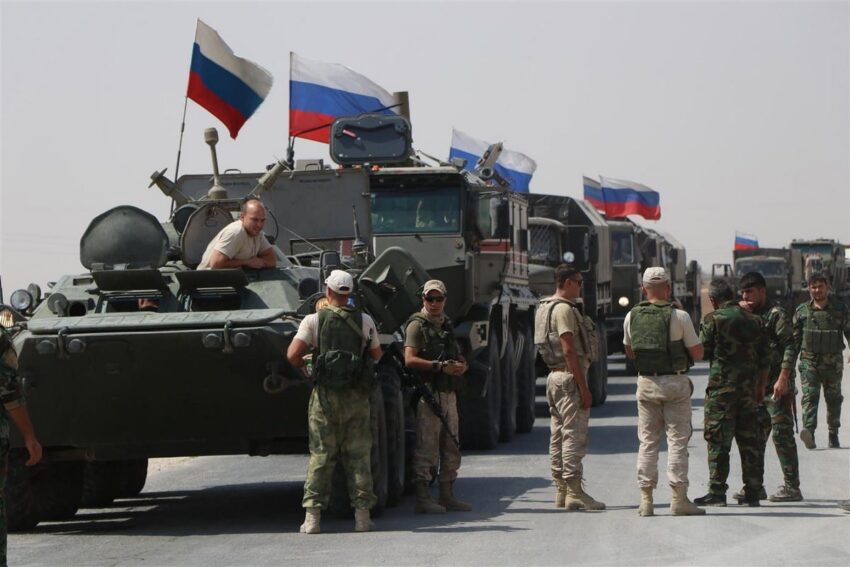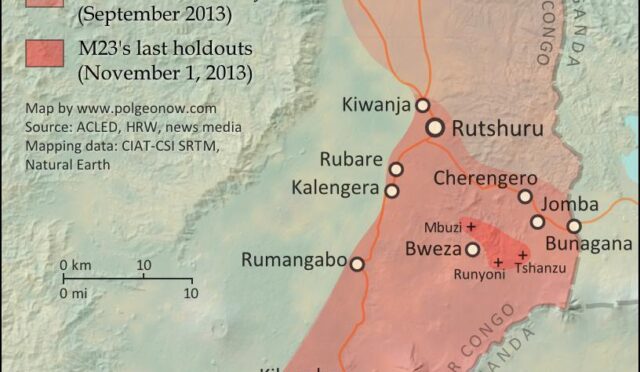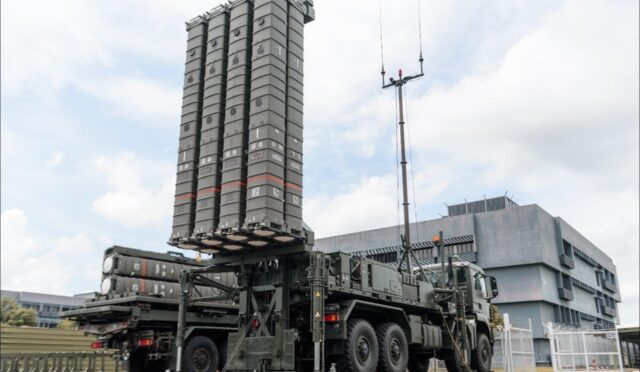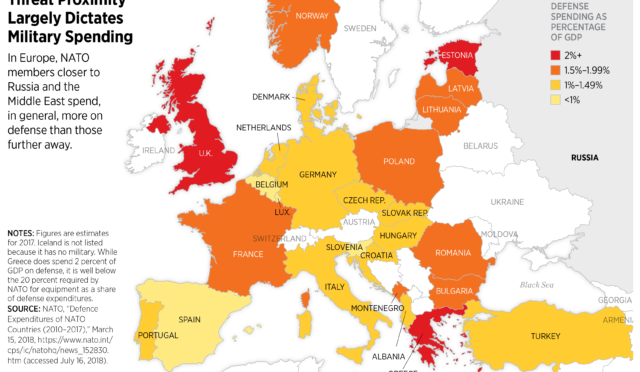Russia Shifts Military Assets from Syria to Libya, Raising Mediterranean Security Concerns
Russia is transferring military resources from its base in Syria to Libya, creating a potential security risk in the central Mediterranean, according to Italy’s Defense Minister Guido Crosetto.
“Moscow is moving resources from its Syrian base at Tartus to Libya,” Crosetto told La Repubblica, an Italian daily. “This is not a good development. Russian ships and submarines in the Mediterranean are always concerning, and even more so when they are no longer 1,000 kilometers away but right on our doorstep,” he said.
This development follows the recent collapse of Syrian dictator Bashar Assad’s hold on several regions, prompting Russian forces stationed in Syria to consolidate their personnel and equipment at two bases: the Tartus naval base and the Hmeimim air base.
Satellite imagery suggests that Russian warships docked at Tartus have departed, sparking speculation they may be heading to Tobruk in eastern Libya. Moscow has been negotiating a deal with Gen. Khalifa Haftar, a local leader, to secure access to the city’s port, a strategic alternative to Tartus.
If Russia loses access to Tartus, it would be left without a naval port in the Mediterranean, making Libya a highly attractive replacement.
Increasing Russian Activity in Libya
Jalel Harchaoui, an analyst at the Royal United Services Institute in London, noted that while there is no confirmed evidence of Russian naval vessels heading to Libya, Russian activity in the region has intensified.
“Three cargo flights recently arrived from Belarus, and at least one cargo flight came directly from Russia. Syria has been a convenient stepping stone for flights from Russia to Africa, but it is not essential,” Harchaoui said.
Russia already maintains military bases in eastern Libya, which serve as staging points for troops and supplies supporting allied leaders in sub-Saharan Africa. Harchaoui added, “Even if Russia maintains a presence in Syria, it will likely look to expand its comfort zone in Libya. If they establish a foothold in Tobruk, it would be a bold signal to NATO and the U.S., and a clear indication that Haftar is no longer prioritizing Western partnerships.”
Haftar’s Calculations and U.S. Concerns
General Haftar, the commander of the Libyan National Army (LNA), has been in dialogue with both Russia and the U.S. In recent months, U.S. officials have urged Haftar to reunify Libya’s east, which he controls, with the western UN-recognized administration in Tripoli.
Ben Fishman, a senior fellow at the Washington Institute for Near East Policy, stated, “I would not be surprised if Russia is moving assets to Libya. This aligns with their long-standing courtship of Haftar for precisely such scenarios.” He also called for the U.S. to publicly share any evidence of a Russian military buildup in Libya.
Despite increased Russian flights, Benghazi-based analyst Mohamed Eljarh emphasized that no formal agreement exists between Haftar and Moscow for a Russian military presence. “Russia’s involvement in Libya has been based on informal understandings, with Moscow supplying training and equipment to the LNA,” he said.
Eljarh suggested there might be a temporary arrangement allowing more Russian assets in Libya as Moscow recalibrates following setbacks in Syria. However, Haftar has historically resisted overreach from Russia, often declining requests that cross his strategic red lines.
Regional Implications: Turkey’s Role
While Russia’s moves in Libya draw significant attention, analyst Claudia Gazzini of the Crisis Group highlighted Turkey’s critical role. Turkey has been a staunch supporter of the Tripoli-based government and would likely play a key role in any regional shift involving Russian forces.
“You cannot overlook Turkish influence here. The Turks and the Russians must have discussed these developments. The question is, what was agreed upon in their conversations?” Gazzini asked.
As speculation mounts, CNN recently cited unnamed U.S. officials claiming Russian naval vessels have already left Tartus for Libya. However, LNA sources have reportedly downplayed such claims, accusing the U.S. of exaggerating the situation.
With Russia’s focus shifting to Libya and tensions rising in the Mediterranean, the moves signal a new geopolitical phase that could significantly impact NATO, the U.S., and regional players like Turkey. The unfolding developments underscore Libya’s growing strategic importance on the global chessboard.







